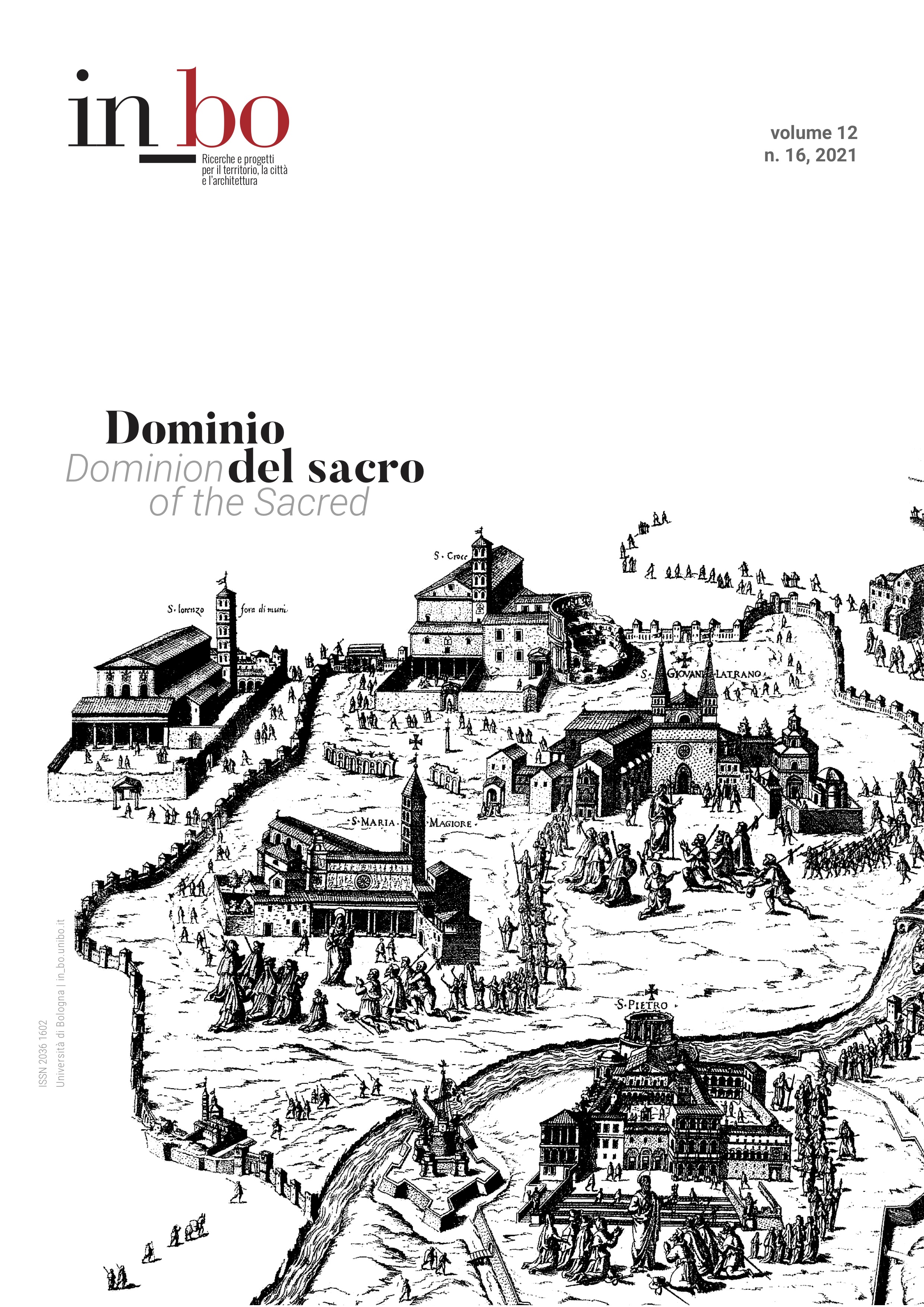The Devotion of Saint Oronzo and the Triumphant Counter-Reformation in Terra d’Otranto
DOI:
https://doi.org/10.6092/issn.2036-1602/12724Keywords:
Counter-reformation, Lecce, Saint Oronzo, Baroque, Urban IconographyAbstract
In 1656, a plague epidemic struck the kingdom of Naples. In Terra d’Otranto, the escape from danger was attributed to the intercession of the proto-bishop Oronzo. The elevation of Saint Oronzo as protector of the city of Lecce by Bishop Luigi Pappacoda was a skilful move by the prelate to regain control of the sacred in a troubled time, characterised by the “war for relics” between the Theatines and the Jesuits and the echoes of the Masaniellian revolt. The cult of the saint coincided with the construction of sacred Baroque city of Lecce. The result is a city in which urban space is perfectly marked by the presence of the sacred. The decision to focus on the promotion of a local saint, such as Oronzo, was in line with the dictates of the Council of Trent, which restored value to the bishops’ pastoral action, aiming at an extreme personalisation of the relationship between saints and believers. The aim of the contribution is therefore to highlight the link between the epidemic, Pappacoda’s action and the birth of Baroque Lecce, extending the range of research conducted so far mainly on the city of Lecce to the territory in order to create a true cartography of the sacred. In addition to a survey of the buildings scattered throughout the territory, the study will also analyse the iconography of the patron saint, often accompanied by a synthetic representation of the urban centre over which he exercises his protection.
Downloads
Published
How to Cite
Issue
Section
License
Copyright (c) 2021 Francesco Del Sole

This work is licensed under a Creative Commons Attribution-NonCommercial 3.0 Unported License.





